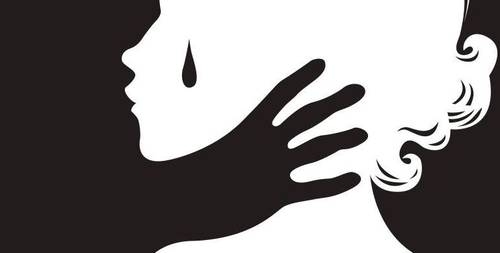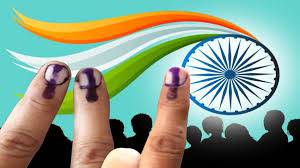The idea of giving Kratos (power) to the Demos (common people), which endorses the notion that each person is his/her own master, has been around for quite a while. The Athenian Democracy dating back to 508 BC, is often attributed as the world’s first democracy, which makes the idea around 2500 years old.
Democracy as a form of government seems to have evolved in the current day more than it has ever been. While it seems we, the people are at the helm of this ship, its eventual destination doesn’t seem like the one we had in mind. We come across election after election but the cry for a change only gets louder. It’s more likely to be heard in our Instagram feeds than on the streets or the ballot, nevertheless, reflecting our dissatisfaction with the system.
So, where exactly are things going wrong?
Considering the humble origins of democracy, it was relatively a smaller community choosing a single individual or small group of individuals to govern them. But with time as the communities expanded exponentially, the process became more elaborate thereby causing these few individuals to have drifted farther from the reach of the common people. And yet we continue to bring governments to power based on our perception of these very few.
As these individuals are simply out of reach, our perception is influenced and manipulated in ways like never before in the history of humanity. And these are secondary sources which we see in the form of media - certainly not functioning with our best interests in mind. No wonder we remain dissatisfied, for we are essentially casting votes to bring people to power based on a perception that has been conveniently manipulated by varying parties with their own agendas, and has been disguised as our own. Even though you might be based in the south of India, you will find yourself either praising or criticizing the Modi or Gandhi element. And ever since, Trump’s tweets have become an integral part of your daily life, you might seem to be more interested in world politics when you might have no clue who your local representatives are.
What if we were to focus on the crosshair from the top to the bottom of the political hierarchy? They are our local representatives. They happen to be well within our reach. When it comes to our perception of these individuals, we won’t find ourselves relying completely on secondary sources. They are, practically, the ones who are more likely to directly influence our livelihoods. It only makes sense if we maintain the same level of scrutiny and criticism for them, as we do for the head of the governance.
What exactly should be done?
We shouldn’t choose our local leaders based on the political party endorsing them, but rather by the societal issues they choose to advocate. Question the qualifications and track records of these individuals. Let them sport any symbol. They may even be an individual candidate – but cast a vote if you find them capable of addressing your issues. This could mean that party members would remain loyal to its principle and not its present leadership, for here the common people are voting for them, not the party. This thereby makes the parties dependent on and accountable to these individuals.
Would all this mean a more chaotic representation in the assembly? Probably, but it also means bringing down the monopoly held by the few big names at the polls. Besides, what is democracy if not chaotic?





